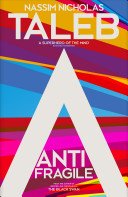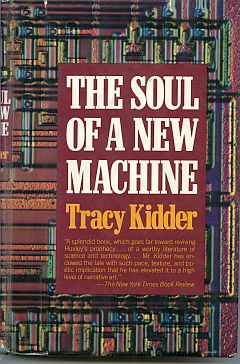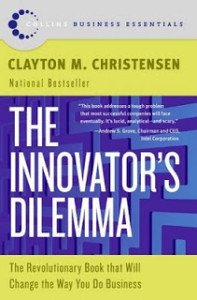There are very few decent business books in general, and a rare one indeed relevant to product development. If I read one business-related book every few years it is remarkable. Time would be better spent re-reading Shakespeare, history or the Bible. Think about it: If Don Quixote is still in print after hundreds of years, might this be a more valuable read than Who Moved My Cheese?
One important contemporary book is Nassim Nicholas Taleb’s Anti-Fragile. This is the upgrade to his prior work, The Black Swan.
While some might argue that this is a book about finance, it has much broader impact.

The book has over five hundred pages, almost all of which have to be read to understand the entire tome.
One cannot easily summarize it in a paragraph – but here goes:
Major events, while in retrospect obvious, cannot be predicted. Examples might be 9/11, the invention of the micro-computer, and the Great Depression. No matter how carefully one plans, these kinds of events are missed. We need to understand that these unpredictable events (Black Swans) happen, and we need to be prepared for the unexpected.
So why is this important for product development? Readers of this blog have probably noted references to luck or chance. A Black Swan does not have to be something bad. It can well be an unexpected good event. Anti-Fragile is how to be robust in a world where we cannot predict the future.
Taking advantage of unexpected outcomes is at the core of invention.




